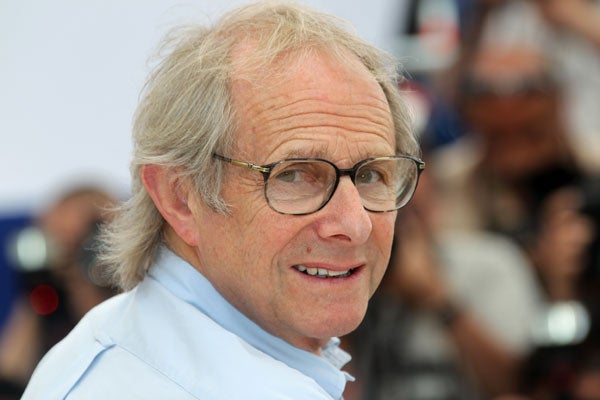Ken Loach: ‘Watching young people riot, I felt sad for their alienation’

Your support helps us to tell the story
From reproductive rights to climate change to Big Tech, The Independent is on the ground when the story is developing. Whether it's investigating the financials of Elon Musk's pro-Trump PAC or producing our latest documentary, 'The A Word', which shines a light on the American women fighting for reproductive rights, we know how important it is to parse out the facts from the messaging.
At such a critical moment in US history, we need reporters on the ground. Your donation allows us to keep sending journalists to speak to both sides of the story.
The Independent is trusted by Americans across the entire political spectrum. And unlike many other quality news outlets, we choose not to lock Americans out of our reporting and analysis with paywalls. We believe quality journalism should be available to everyone, paid for by those who can afford it.
Your support makes all the difference.I don't believe in stories that give falsely optimistic endings When we made Kes years ago, one critic said [of the main character], "Couldn't he have got a job in a zoo?" which ignores the whole point of the story – he was in a closed world, a social cul-de-sac. The ending can be happy – then it's comedy; or sad – then, if it's good enough, it's tragedy. But it has to be true.
Language is undervalued in cinema It's not just a series of images, it's also a series of sequences and it can describe relationships, arguments, ideas and people. And in revealing people, of course, language is fundamental. [My appreciation of language] came from the theatre, because I was brought up on the great plays, and also from variety [shows] – from the great comics and their use of language and the richness of dialect.
I don't feel foreign when I film in other countries We went to Nicaragua and I didn't have much grasp of the language, but the women trying to run what was left of the Sandinista revolution were the same women who fought against pit closures, or who supported the Liverpool dockers when they were losing their jobs. There's always an element of recognition.
I'm not sure I'd count any difference that I've made as a film-maker at all What you want to do is add your shoulder to a collective wheel and show solidarity with the people you respect. But I've no grand illusions about what films can do. Would I have made more difference as a lawyer? [Loach studied Law at Oxford.] I think I'd have been a very bad one. Short-term memory loss – but maybe that's just age.
Watching young people wreck the places where they live [in the riots], I mainly felt very sad Sad for their alienation, their disaffection and their lack of hope. A lot of us feel angry too, because politicians should be able to articulate those frustrations and channel it into something progressive.
Offering sticking plasters can be counter-productive In so far as charity is palliative, it will offer help to a few people and the main problem will go unsolved. If it is critical and investigative and gets to the root causes, then it has a worthwhile function.
The BFI Ken Loach retrospective is at BFI Southbank, London SE1, until 12 October, with additional screenings in Belfast, Sheffield and Glasgow ( bfi.org.uk)
Join our commenting forum
Join thought-provoking conversations, follow other Independent readers and see their replies
Comments